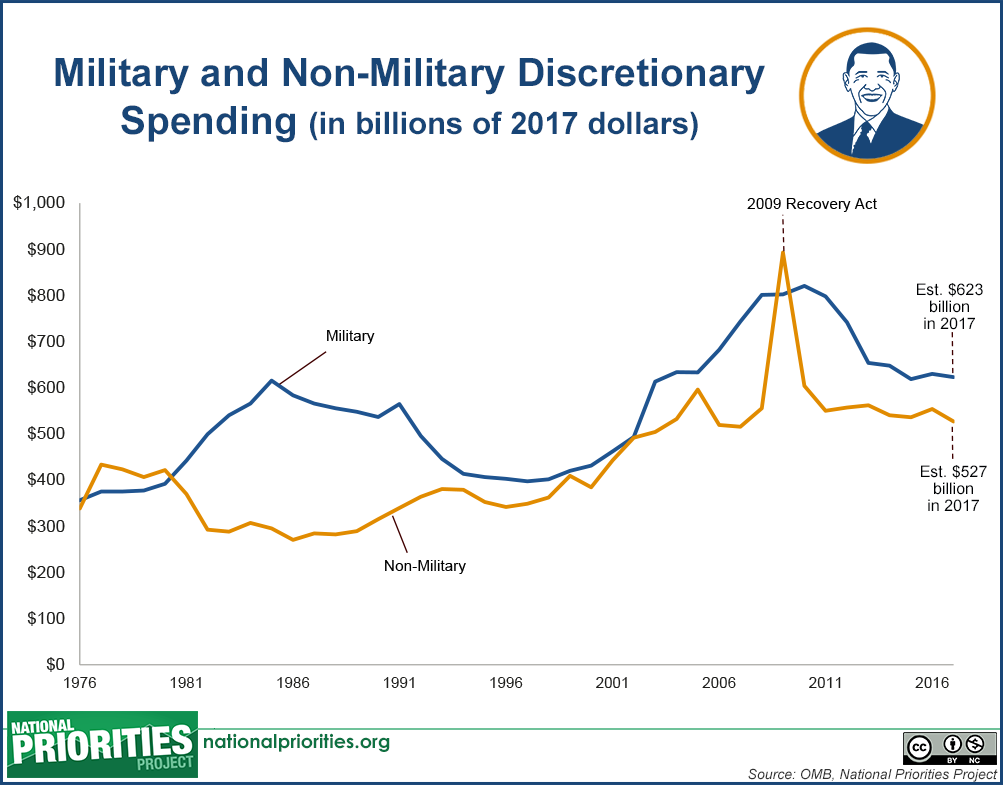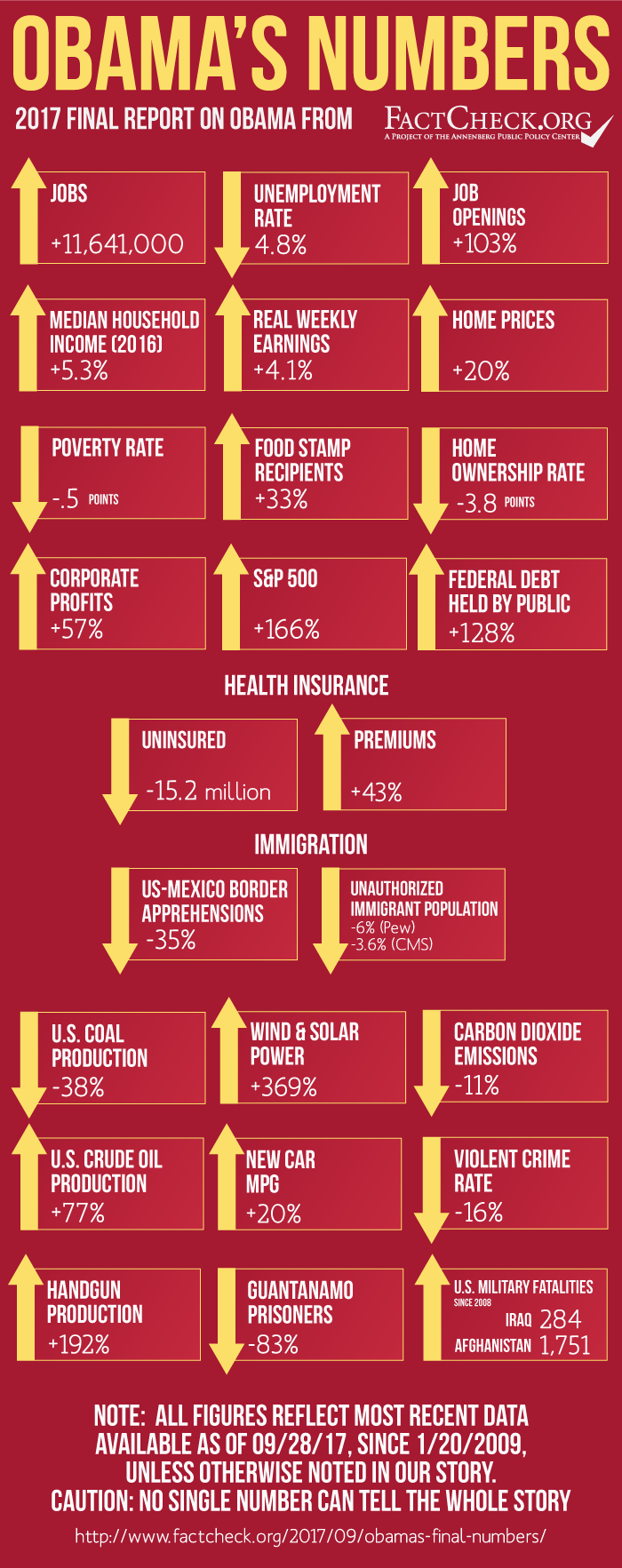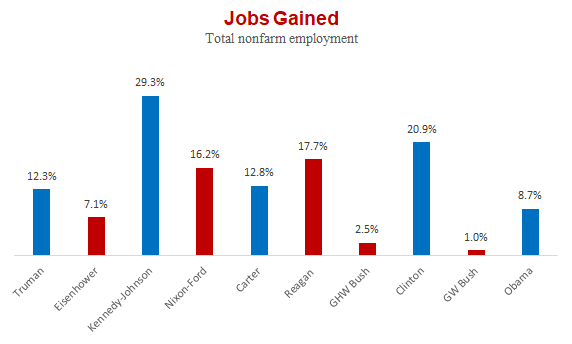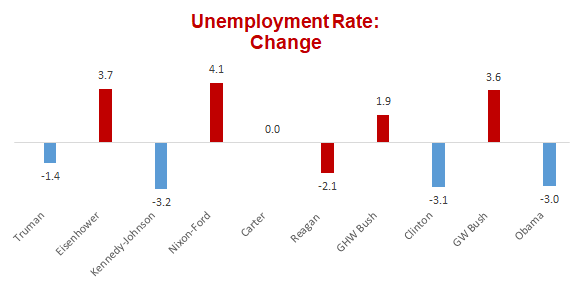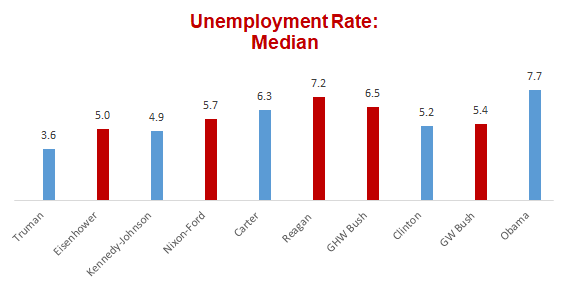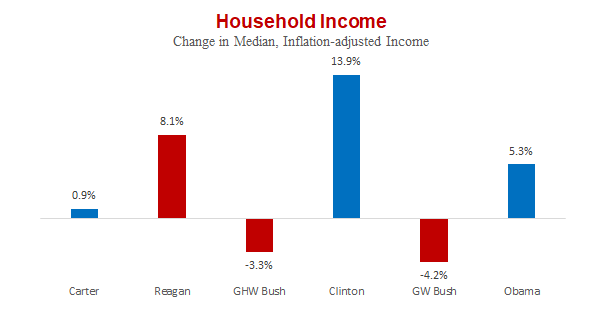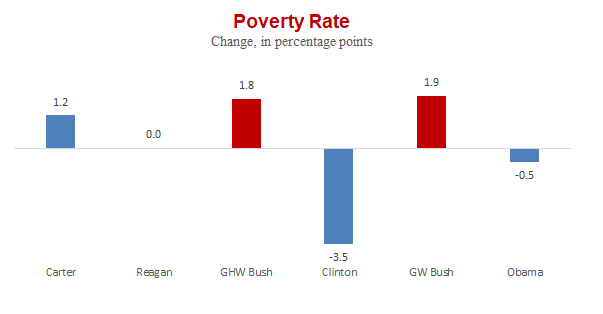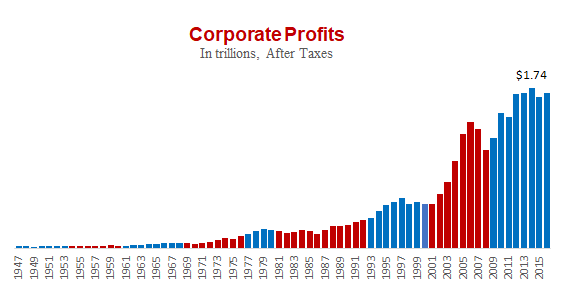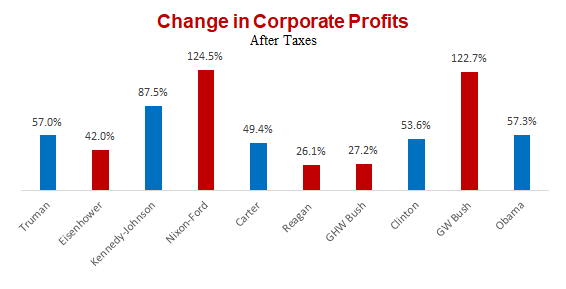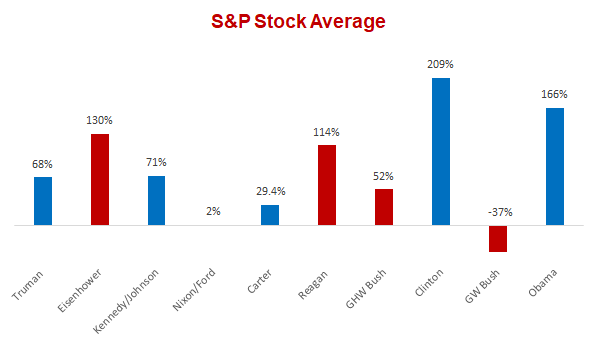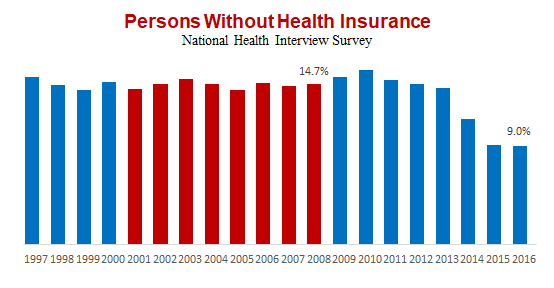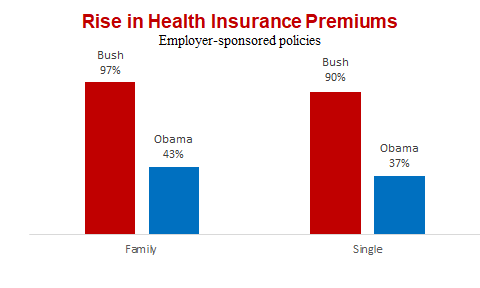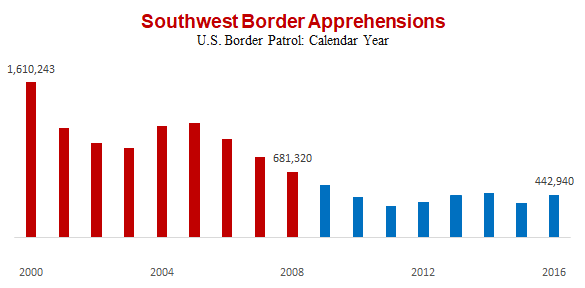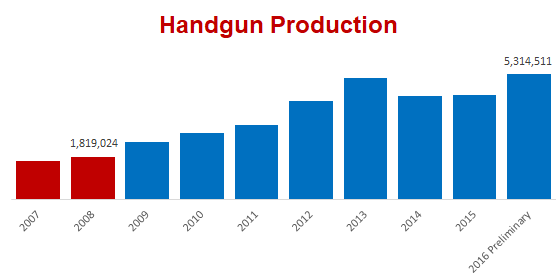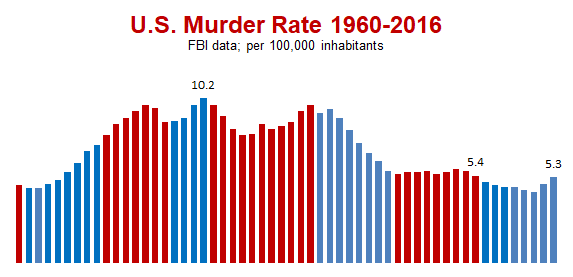Toddsterpatriot
Diamond Member
You also might find this interesting to look at which cuts Obama proposed in his last budget. Do you give these ideas a thumbs up or thumbs down? Note that these were included in the 2017 budget proposed by Obama that Trump is taking full credit for...Really?
What spending did he actively work to reduce?
Must be a big list........
Visualising Obama's Budget Cuts
Thumbs up and multiply them by 10.
Did he do anything like that before his final year?
If he'd have done something like that in year 2 or 3, I'd be a lot more impressed.
